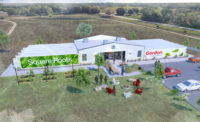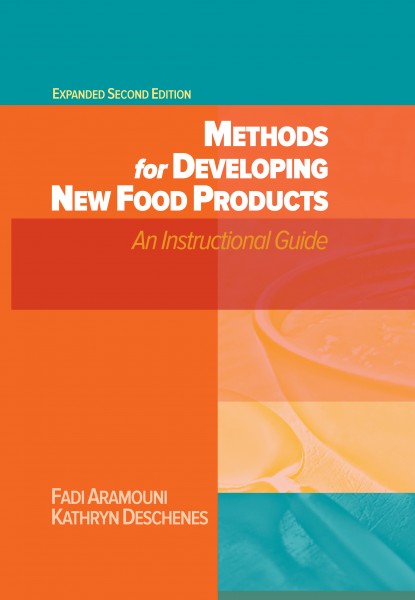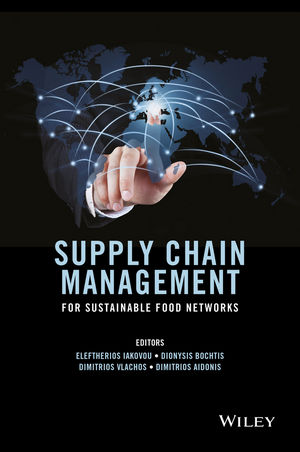Indoor Farming Company Square Roots Teams With Gordon Food Service

Square Roots, the technology leader in indoor farming, and Gordon Food Service, one of the largest food distributors in North America, have opened a new climate-controlled, indoor farm in Kenosha, Wisconsin.
The company’s first harvests are scheduled for spring 2022, and are expected to reach consumers in Kenosha and the broader Chicago and Milwaukee metropolitan areas.
Square Roots farmers in Kenosha will soon be harvesting long-lasting herbs such as basil, cilantro, dill, and parsley, alongside nutritious salad mixes and chef-favorite microgreens. All Square Roots produce has at least 14 days of extended shelf life and is completely free of pesticides and GMOs.
“Our partnership with Gordon Food Service, combined with our modular, smart-farm platform, means we can rapidly deploy new indoor farms in strategically located cities like Kenosha,” said Tobias Peggs, co-founder and CEO of Square Roots. “We are also able to create exciting jobs in the community, while making locally-grown food available, all year round, to new consumers in nearby Chicago and Milwaukee, significantly expanding our reach in the Midwest.”
Kenosha is home to the fourth Square Roots farm in North America, and the largest farm the company has built to date. The farm has the capacity to produce more than 2.4 million packages of herbs and leafy greens annually. Square Roots operates other commercial-scale indoor farms in Michigan and New York.
The new facility harnesses Square Roots’ smart-farm technology platform and software-controlled hydroponic growing systems to produce more food with fewer resources 365 days a year, regardless of outdoor weather conditions. Square Roots’ approach uses 95% less water than conventional field farms and features repurposed urban infrastructure — creating ideal growing climates inside refurbished upcycled shipping containers that are stacked vertically to reduce the company’s impact on the land. By deploying a network of local farms in cities like Kenosha, Square Roots also ensures a shorter supply chain and less distance between people and their food, reducing food miles and minimizing food waste.
Looking for a reprint of this article?
From high-res PDFs to custom plaques, order your copy today!








